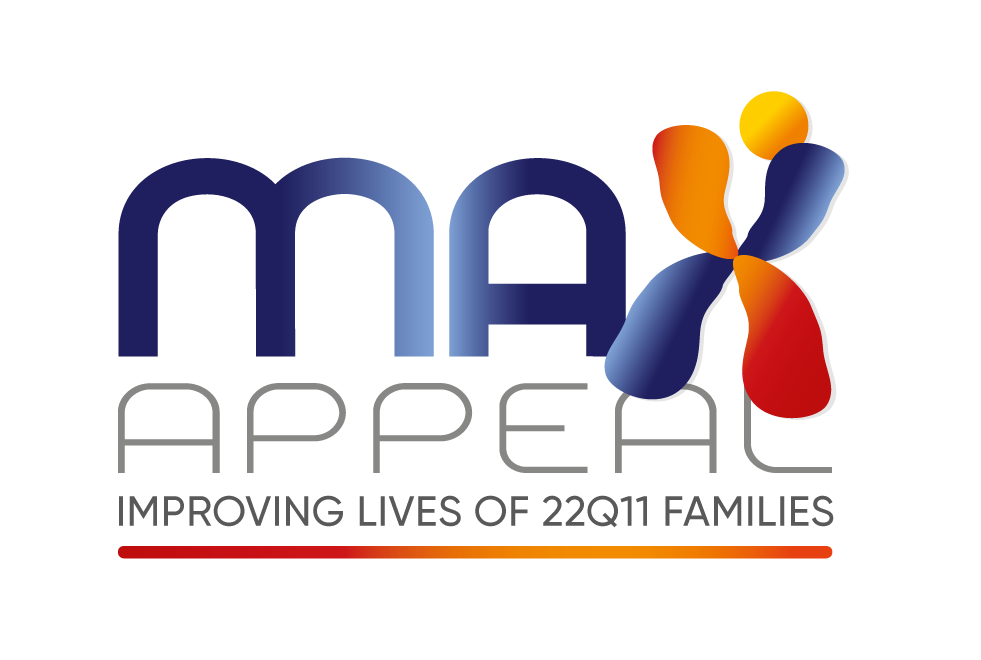Encouraging Language
Encouraging Language
Speech delay and communication difficulties are commonly noted in children with a 22q11.2 deletion. If you are at all concerned about your child's communication and interaction with you, even as early as the babbling and pointing stages. It is important that you ask for a referral to a speech and language therapist. Referrals can be made through your Paediatrician, Health Visitor or GP.
All children need to be encouraged to talk, and children who have undergone surgery, medical intervention and periods of illness will need even more help as many of the "stages" of early development can be missed and delayed through stays in ITU etc.
Communication involves a lot of processes - listening, talking, pronunciation, understanding, grammar, social use, turn taking etc. Communication difficulties can have an impact on behaviour due to the frustration of not being understood, and reading and writing skills.
We have collated several tips to encourage your child to communicate using information supplied by the Royal College of Speech and Language Therapists and parent's personal experience, and many of these can be introduced as soon as possible. These are not treatment strategies as all children's needs will require individual assessment and a tailor made programme developed.
Do
Get your child's full attention when talking to them and give them yours. Have a 'special time' when all other background noise (TV, radio) are turned off and attentions are on you and your child – take 'turns' to speak or interact. Gain eye contact when talking and listening.Imitate what they are doing – facial expressions, noises, sounds (imitation can be seen to have a response effect in babies only a few weeks old) Sing lots of nursery rhymes and songs together – especially action ones – repetition is a great way for babies and young children to learn. Play listening games – e.g. 'what can we hear now?' (aeroplanes, running water, birds singing, the postman....) Encourage your child to get their message across to you in whatever way they can – homespun sign language, pointing etc.Talk to your child when playing, out shopping, having a bath – about everything that you are doing as you are doing them – encourage them to talk about every day things too. Read lots of books with your child. Increase vocabulary and understanding by giving choice – i.e. 'Do you want orange or blackcurrant?' and by adding words – if your child says 'cat' – say 'yes, the cat is sitting on the chair' (this is for older children) Ask for a hearing test if you have any concerns about your child's ability to listen. Ask for help with a sign language programme to try and ease frustrations by enabling the child to communicate by signs
Don't (if you can!)
Correct your child's attempts at pronunciation - it's more important for them to learn words and start forming sentences.Panic and show obvious concerns – children (even young babies) sense anxiety.Use bribes to encourage better speech or punish incorrect speech. Pretend to understand your child when you cannot.
REMEMBER, ALWAYS ASK FOR ADVICE FROM YOUR SPEECH AND LANGUAGE THERAPIST
22q11 Speech & Language latest practices
October 2019
New research paper on 22q11 Speech & Language latest practices
Speech-Language Disorders in 22q11.2 Deletion Syndrome: Best Practices for Diagnosis and Management
Cynthia B. Solot,a Debbie Sell,b Anne Mayne,c Adriane L. Baylis,d,e Christina Persson,f,g Oksana Jackson,h,i and Donna M. McDonald-McGinnj,k
